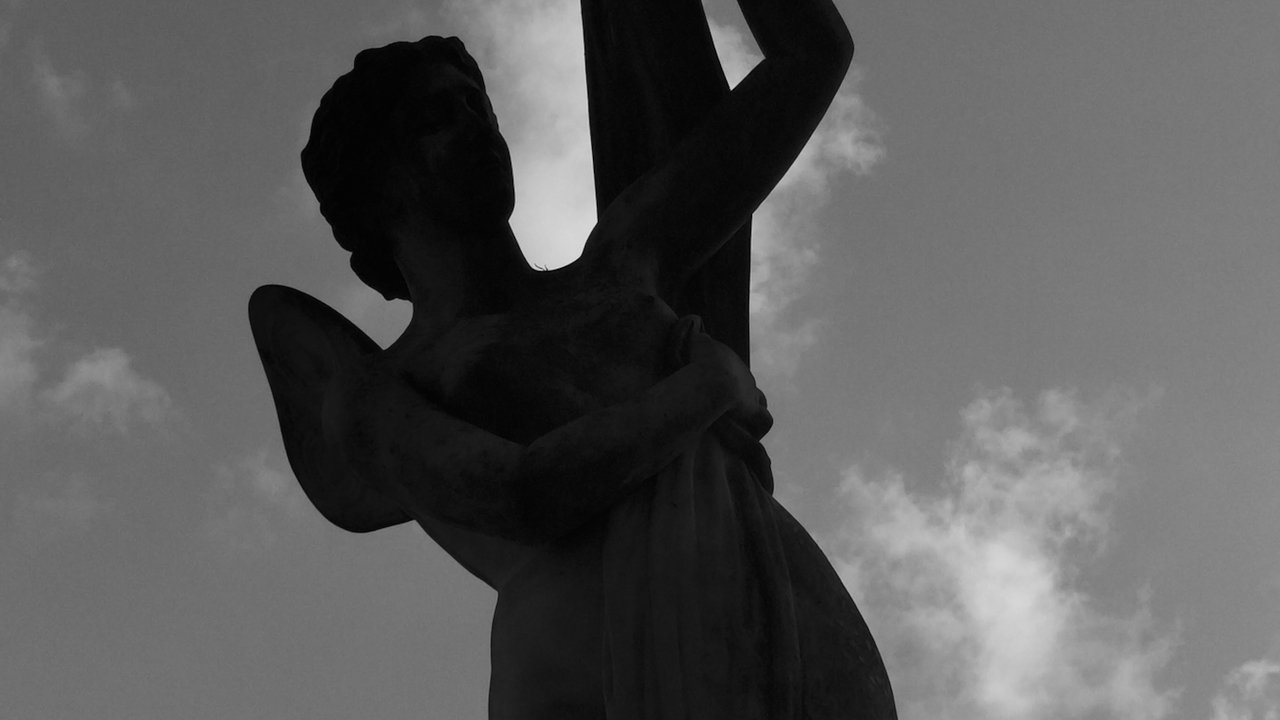Reckless Energy
What about all those hardcovers that seethe with hatred?
Salerno 2016
In every two year old—as begins the old, commonplace remark—there’s the urge to both create and destroy. The blocks are stacked and they’re toppled. A clear sense of delight comes once both impulses are satisfied. And you’d have to be woefully blind to not notice the corollary in adults. This isn’t a mere youthful compulsion that soon dissipates—age simply makes the blocks fall from even greater heights.
Taking a pen to paper most certainly fits the first urge. A blank sheet is recast with ink, there’s the birth of sentences, ideas, passions, of something artful, paragraph after paragraph a new construction, an engineering feat of design owing to that first impulse. Yet writing, unfortunately, doesn’t always resemble a birth. What about those pages that foam with sinister words? In calls of hatred and loathing and for destruction and genocide, in the texts that promote massacre and bloodshed? On humanity’s bookshelf, we now have a few thousand years of writing—stunning, irreplaceable poetry, prose, history—where you’ll also find plenty of nearby hardcovers that seethe with hatred. What’s intriguing here is that the writing in these books is construction in service of destruction.
Nothing external is required for these twin impulses; they’re loaded onto every hard drive and come with delivery. The pen provides just a tool to service both cravings, and, if one does desire, in a concurrent fashion. As a helicopter can airlift those fleeing from a fire, it can also light the flames.
One of the most capricious and abrasive characters in all of literature, Rodion Romanovich Raskolnikov of Crime and Punishment, has this paradoxical refrain throughout his own narrative, forever caught by both his idealistic and destructive drives. As Dostoevsky’s creation, he’s a mere passenger to those instincts:
This last day, which had come so much by chance and resolved everything at once, affected him almost wholly mechanically: as if someone had taken him by the hand and pulled him along irresistibly, blindly, with unnatural force, without objection. As if a piece of his clothing had been caught in the cogs of a machine and he were being dragged into it.
Few characters in literature find themselves tugged by such strong forces. And Raskolnikov is further dismembered by the manner in which his passions compete: a thrill brings him misery, while misery brings him, once again, a thrill. There’s little salvation in recognizing that good fortune would make Raskolnikov miserable. One rarely noticed aspect of Crime and Punishment, however, is that the crime doesn’t come until the end of the first part, even though the punishment commences on page one and never truly ends.




